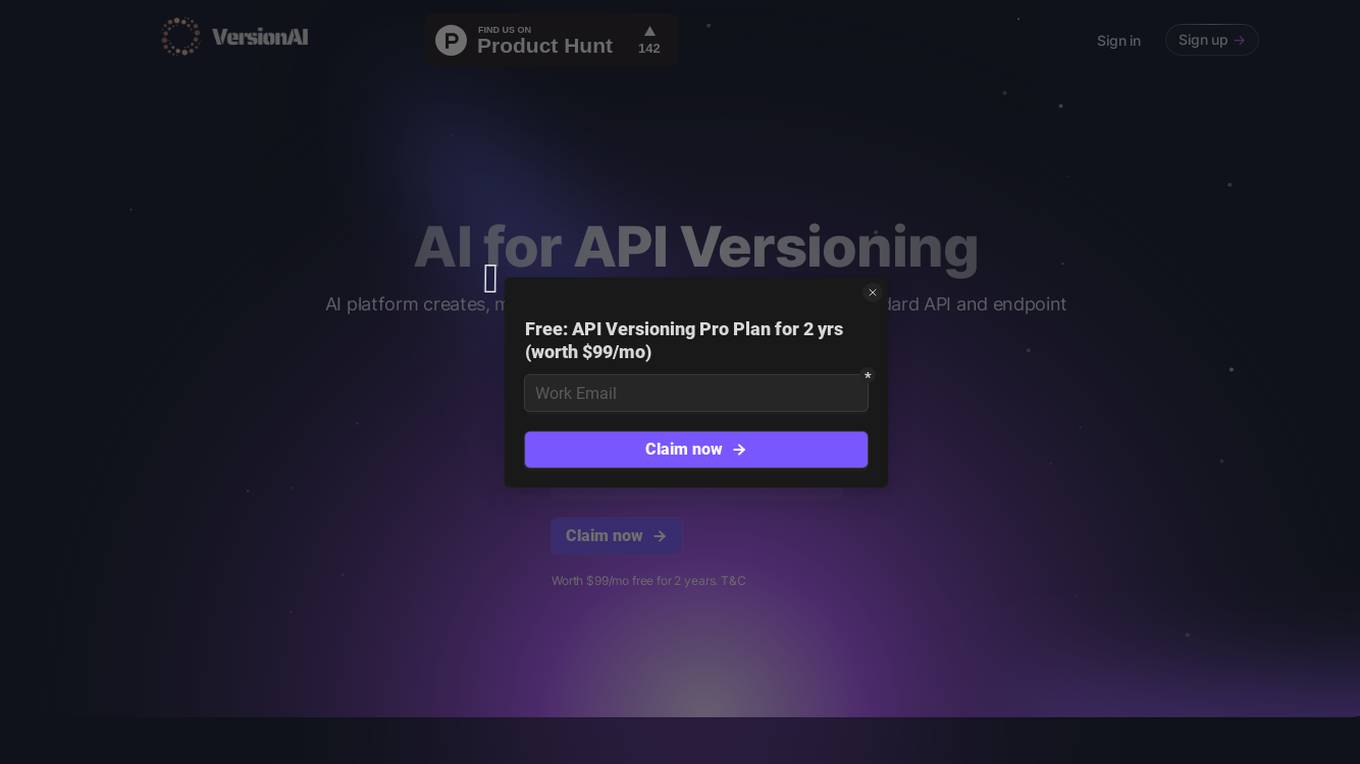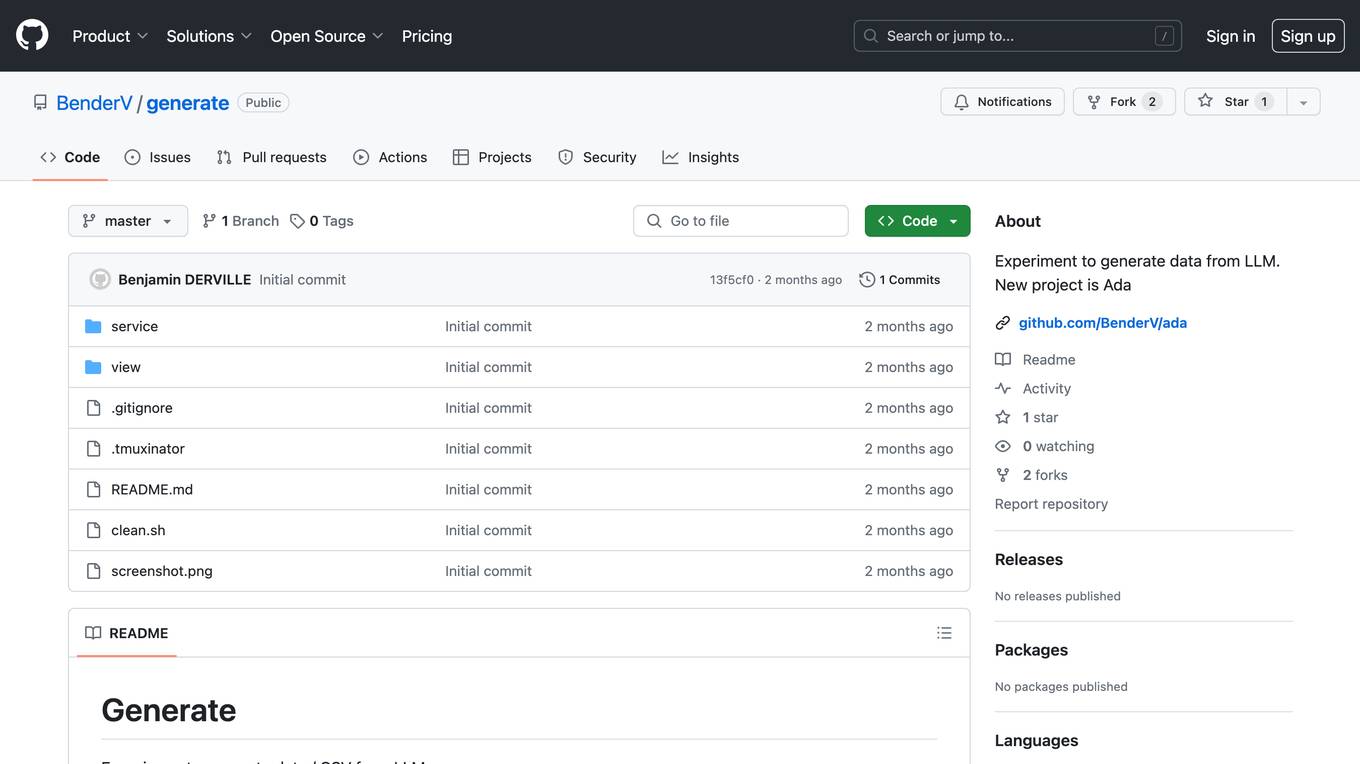Best AI tools for< Deprecate Apis >
2 - AI tool Sites

Apiversion.dev
Apiversion.dev is an AI-powered API versioning platform that helps developers manage and version their APIs. It provides a range of features to make API versioning easier, including automatic versioning, version deprecation, and version promotion. Apiversion.dev also integrates with popular CI/CD tools to automate the API versioning process.
site
: 0
0 - Open Source AI Tools
No tools available
0 - OpenAI Gpts
No tools available
